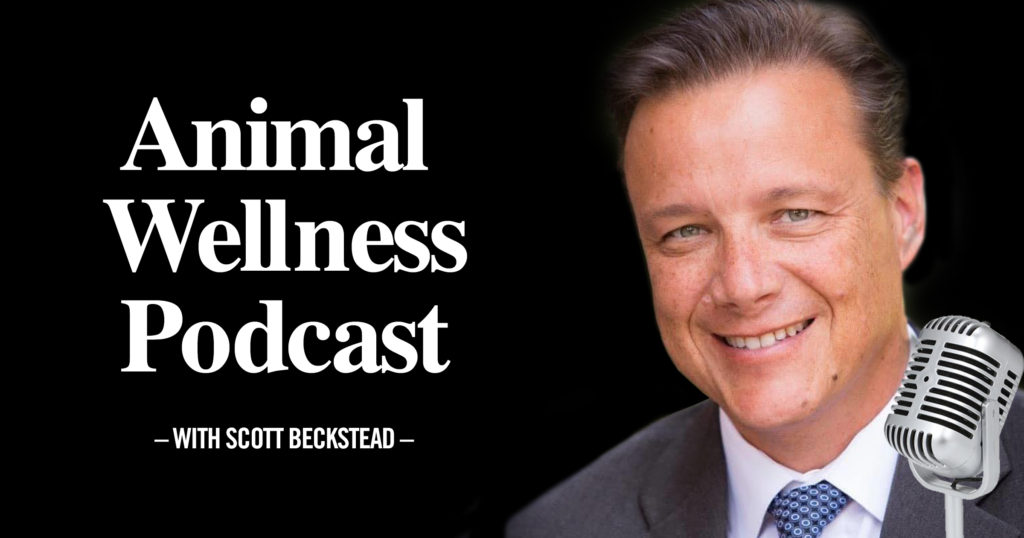More so even than live wildlife markets — which incubated and then launched COVID-19 across the globe — mink farms around the world are turning out to be present-day gathering places for the highly contagious virus. From British Columbia to Denmark to Lithuania, COVID-19 is methodically infiltrating mink farms throughout North America and Eurasia, being passed on from humans to mink, and then, most alarmingly, from mink back to other humans.
In short, while mink coats may keep the animals warm, their protective fur does not a thing to protect them from invading biological agents that threaten their respiratory systems and consequently the whole of society.
It seems no non-human mammal is more susceptible to the virus than mink, and no industry seems more vulnerable to viral intruders than the factory farms that cram the mink together so intensively. The United States has seen COVID-19 outbreaks on mink farms in Michigan, Oregon, Utah, and Wisconsin, with other producing states almost certain to see COVID-19 outbreaks if present patterns hold.
Animal Wellness Action has written to the Centers for Disease Control and Prevention, the U.S. Secretary of Agriculture and to governors of mink-producing states, sounding the alarm about these farms putting gasoline on the raging pandemic and calling on the federal government to buy out the remaining mink farmers. American mink farmers had already been facing tremendous declines in pelt values even prior to the pandemic, and now their industry is cratering. What’s good for the mink — shutting down the farms — is good for the mink farmers who cannot possibly make a living only by selling their pelts at bargain-basement rates to elites in China.
Taking the lead in our campaign has been Scott Beckstead, the director of campaigns for AWA and the Center for a Humane Economy. Scott has a eye-popping biography in this debate, as a steadfast animal protection advocate who grew up in a mink-ranching family in Idaho.
Scott trekked to his grandfather’s farm from his earliest days and got involved in the annual pelting process. His recounting to me of both the tenderness of his grandfather but the unavoidable truths on the mink farm is a contrast worth listening to, especially in dialogue with our podcast host Joseph Grove.
While today’s podcast is mainly about mink farming from an animal advocate who participated at the center of the industry, it’s also a window into the unlikely journeys so many of us take in embracing animal welfare sensibilities. Scott has traveled a particularly long and unlikely path, but that makes him an especially compelling advocate for the mink and for all animals.
